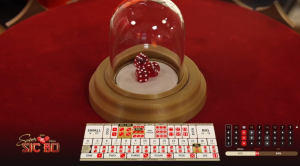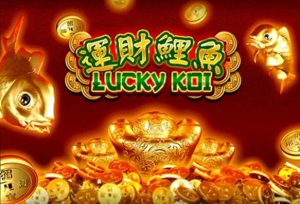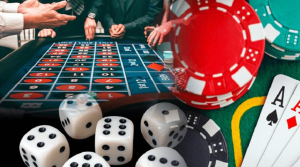Global casino operator Genting Malaysia Bhd is to be subjected to a Sales and Services Tax (SST) on operations at its domestic facility Resorts World Genting (pictured) in Genting Highlands, Malaysia. The move will effectively cancel out a windfall it looked set to gain by the zero-rating – with effect from June 1 – of a Malaysian Goods and Services Tax (GST) it had previously been required to pay, said analysts.
But the devil is in the detail in terms of whether the successor tax will be levied on gross casino wins or net wins, said several brokerages. If it is levied on gross wins, it could hurt Genting Malaysia’s annual revenues by as much as MYR90 million (US$22.1 million), said Japanese brokerage Nomura. A Friday note from Samuel Yin Shao Yang, an analyst at Maybank IB Research, stated: “Gaming companies will be subject to 6-percent SST from September 1, 2018 onwards.”3
He added: “It effectively merely replaces GST which was zero-rated on 1 June 2018. Although gaming companies may potentially benefit from the ‘tax holiday’ from June 1 to August 31, 2018, we expect it to be immaterial and short lived.” But Mr Yin further noted: “Crucially, the announcement states that the 6 percent SST will be levied based on a formula rather than levied directly on sales without any deductions. The latter, we opine would be overly onerous on Genting Malaysia and the NFOs [number forecast operators].” That was a reference latterly to government-licensed numbers games permitted in the Malaysia market.
The Maybank analyst further said: “The formula is not stated in the announcement but we understand that it will be similar to the one employed during the 6 percent GST regime. For Genting Malaysia, the SST will be levied at ‘(gross gaming revenue – casino tax) times 6/106′. Casino tax is levied at 25 percent of gross gaming revenue.” Japanese brokerage Nomura said in a Thursday memo on the matter: “Note that gaming was charged a 6 percent service tax under the GST regime (during April 2015 to May 2018).” The institution’s analysts Tushar Mohata and Rahul Dohare added: “However, the effective GST paid was lower than 6 percent of GGR [gross gaming revenue], as GST was charged on net wins (i.e. GGR less 25 percent gaming tax), implying an effective approximately 4.2 percent of GGR paid as GST, based on our calculations…”
The Nomura analysts further noted: “It is still unclear whether SST will be charged on gross wins… or on net wins… If it is charged on net wins, the impact will be neutral to our [and] consensus revenue and EBITDA [earnings before interest, taxation, depreciation and amortisation]. “However, if it is charged on gross wins, there could potentially be a MYR80 million to MYR90 million incremental hit to financial year 2018 and 2019 revenues and EBITDA, resulting in earnings cuts of MYR60 million to MYR70 million net of tax (approximately 3 percent downside to our [and] consensus numbers),” they added.
Mr Yin noted that Genting Malaysia had under the GST regime been absorbing the 6 percent tax on behalf of its customers. The Maybank analyst had said in a May note after Malaysia’s general election, that his institution estimated that the zero-rating of GST – assuming gaming tax rates were not hiked by the country’s incoming administration – might have boosted Genting Malaysia’s earnings estimates and target share price by as much as 10 percent per annum and 8 percent respectively.









